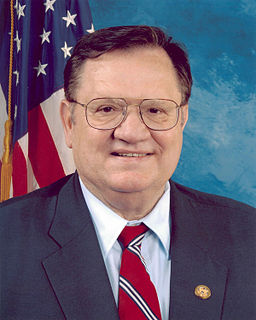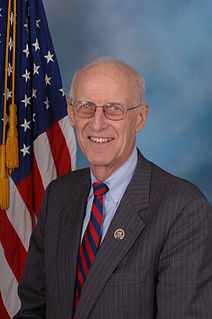A Quote by Christopher Flavin
Related Quotes
There are signs that the age of petroleum has passed its zenith. Adjusted for inflation, a barrel of crude oil now sells for three times its long-run average. The large western oil companies, which cartellised the industry for much of the 20th century, are now selling more oil than they find, and are thus in the throes of liquidation.
Now it will take a long time to scale biofuels, but I'm the only one in the world forecasting oil dropping in price to $35 a barrel by 2030. I'll put it on the record: Oil will not be able to compete with cellulosic biofuels. If you do it from food, the food will get so expensive you can't make fuel out of it.
We need an honest bottom line. Today that bottom line is vastly subsidized. If anyone of us were paying the full cost of oil our bottom lines would be very different. If you internalize the cost of oil, look at the cost of the war in the Middle East or the cost of global warming for future generations, if you internalize those external costs and what you pay, that bottom line would look very different, what ever business you are in.
This morning, prompted by increasing concerns about terrorism, oil prices reached a record high as the cost of a barrel of crude is a whopping $44.34. Wow, it seems shocking that a product of finite supply gets more expensive the more we use it. Now the terror alert means higher oil prices, which oddly enough means higher profits for oil companies giving them more money to give to politicians whose policies may favor the oil companies such as raising the terror alert level. As Simba once told us: "It's the circle of life."
































